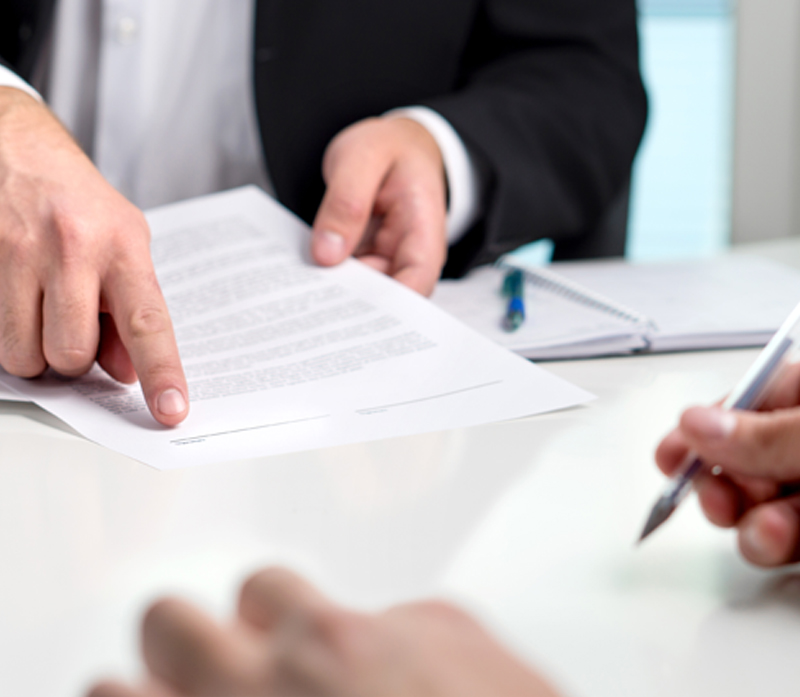How much can a beneficiary receive?
When someone dies, all their debts are paid out of their estate (mortgage, credit cards, bills, funeral costs etc.) by the executor of the will. What is left is potentially subject to inheritance tax which is chargeable at 40% on the value of the estate over the £325,000 threshold.
There are ways to reduce inheritance tax so that your beneficiaries receive more of your estate. Some assets fall outside of an estate and are not subject to inheritance tax. These include life insurance, pension plans and trusts.
At Davisons, we can advise you on how to reduce inheritance tax when drafting your will. If you pass away without a will, your beneficiaries are likely to pay more tax as the rule of intestacy are not tax-efficient.

